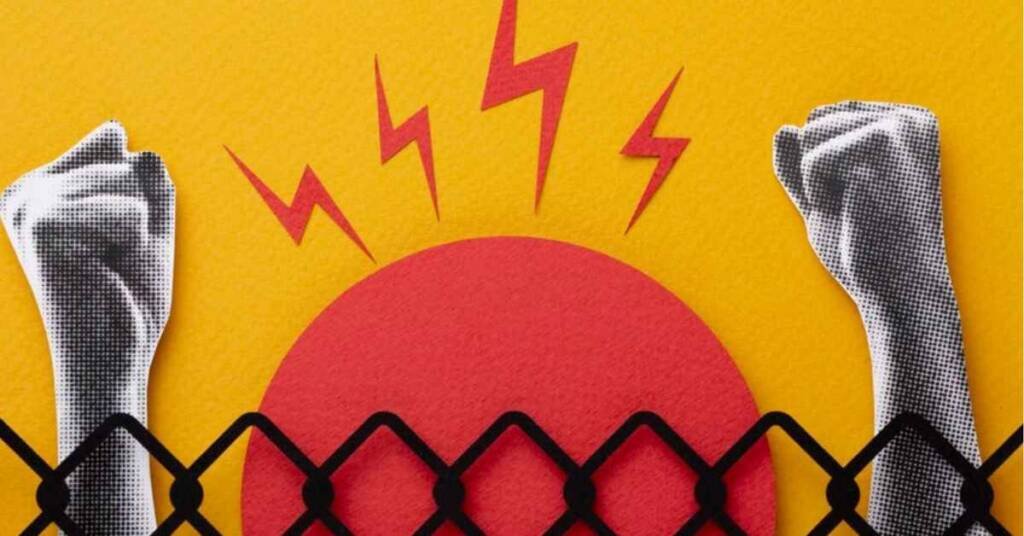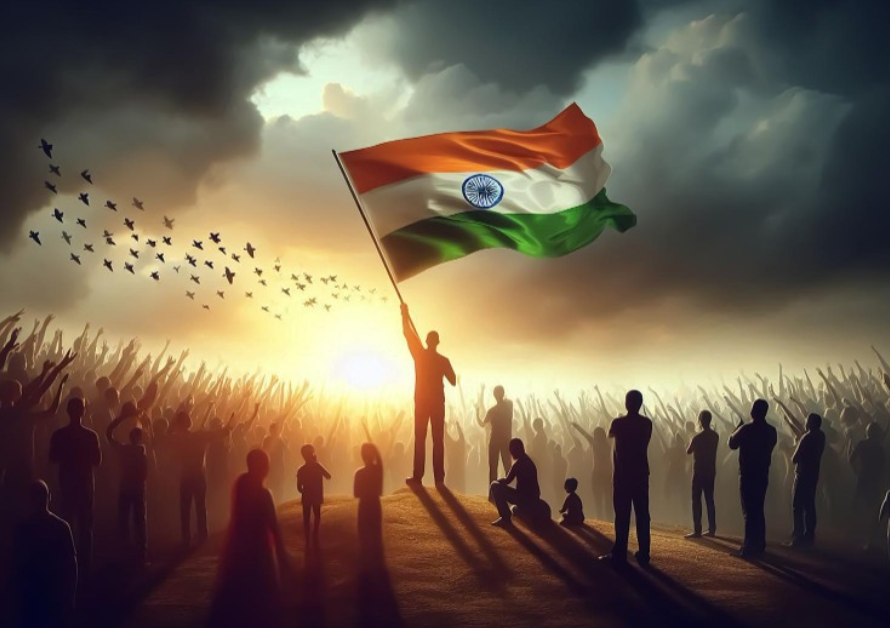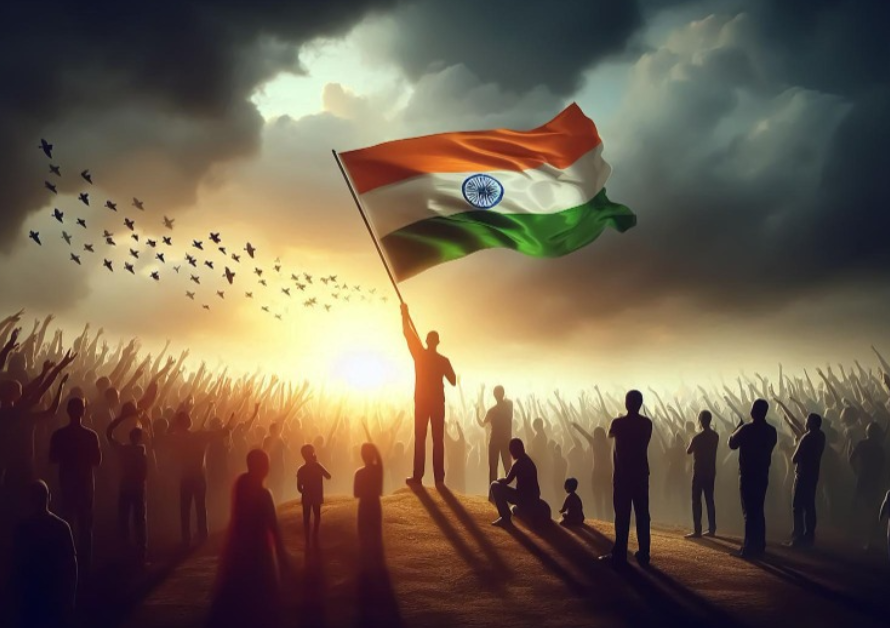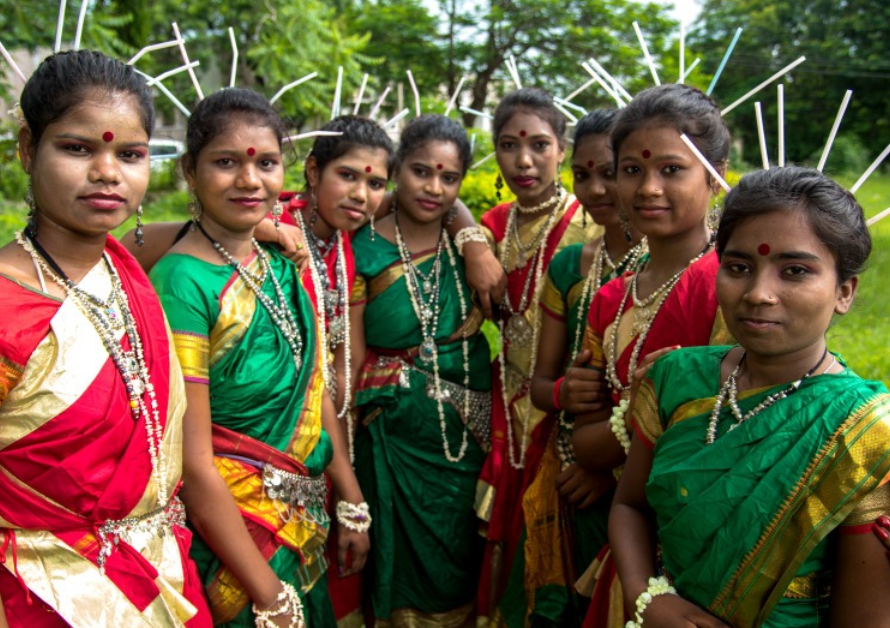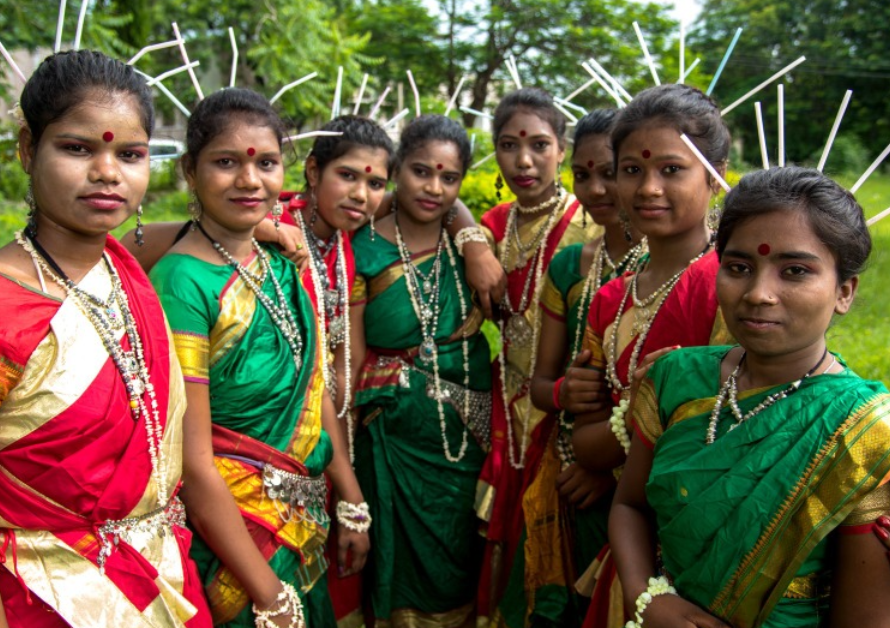One of the most pressing challenges facing the Hindu community today is the mindset of the younger generation. Many young Hindus proudly identify as “secular” and reject any form of discrimination based on religion, considering it a virtue. While this openness is commendable in principle, it starkly contrasts with the approach taken by the younger generations of other communities, particularly Christians and Muslims. These minority communities not only follow their religions fervently but also actively propagate their beliefs, often with little respect or tolerance for other faiths.
The Role of Politicians in Dividing Hindus
For decades, politicians in India have used minority communities as a vote bank, pampering them with special privileges and policies. Simultaneously, these same politicians have worked tirelessly to divide Hindus along caste and regional lines. This deliberate strategy has prevented Hindus from uniting as a cohesive community, while minorities remain strongly bonded by their shared religious identity.
As a result, Hindus often find themselves fragmented and unable to assert their collective interests, unlike minorities who leverage their unity to gain political and social advantages.
The Looming Demographic Shift
A significant demographic shift is on the horizon. At the current growth rate, the Muslim population in India could surpass 40% within the next 20-30 years. This poses a profound challenge to India’s socio-political fabric:
1.United Muslim Votes: Unlike Hindus, who remain divided by caste and regional loyalties, the Muslim community votes as a bloc. This unity could potentially shift the balance of power in key elections, including those for the Lok Sabha.
2.Legislative Impact: A united minority vote, combined with a divided Hindu electorate, could lead to significant policy changes. If a majority in Parliament is achieved by parties pandering to minority interests, the possibility of India being steered toward a Sharia-based system cannot be ruled out.
3.Lessons from History: The plight of Hindus in Pakistan and Bangladesh serves as a grim reminder. Once thriving communities in these regions were forced to flee, abandoning their properties and businesses, to escape persecution. Could India face a similar scenario if Hindus continue to ignore these warning signs?
The Role of Hindu Parents and the Generational Gap
A major factor contributing to this crisis is the failure of older generations to pass down the values, principles, and practices of Hinduism to their children.
Disconnect Among Youth: Many young Hindus lack a deep understanding of their religion. They view secularism as a rejection of their religious identity, leaving them vulnerable to external influences and narratives.
No Transmission to Grandchildren: As the current generation of parents fails to practice or teach Hindu principles, the next generation is growing up with even less awareness of their roots.
This erosion of religious identity has created a dangerous vacuum. A community disconnected from its cultural and spiritual heritage is ill-equipped to recognize or counter existential threats.
The Need for Action
Hindus must awaken to the challenges that lie ahead. Apathy and disunity will only accelerate the erosion of our religion and culture. Here’s what needs to be done:
Foster Religious Awareness:
Teach children and grandchildren the richness of Hindu philosophy, values, and traditions.
Celebrate festivals and participate in rituals as a family to instill pride in their heritage.
Promote Unity:
Overcome caste and regional divides within the Hindu community.
Support leaders and organizations that work toward Hindu unity and the preservation of cultural values.
Educate About History:
Share historical accounts of Hindu persecution in Pakistan, Bangladesh, and even within India.
Highlight the consequences of disunity and the dangers of ignoring demographic changes.
Engage Politically:
Encourage Hindus to vote wisely, prioritizing the community’s long-term interests over short-term gains.
Support policies and leaders that prioritize equality and justice for all while respecting the Hindu ethos of the nation.
Strengthen Social Bonds:
Create forums, discussion groups, and local organizations to unite Hindus and raise awareness about pressing issues.
Engage with like-minded individuals to build a cohesive network of support and action.
A Hopeful Outlook
The situation is undoubtedly grave, but it is not irreversible. Hindus have historically risen to challenges and preserved their identity through resilience and adaptability. What is needed now is awareness, unity, and proactive action.
The burden lies with this generation to set things right. While we may have failed in fully imparting our values to our children, it is never too late to correct course. Together, we can safeguard the future of our religion, culture, and country for the generations to come.
It is time to wake up before it is too late. The future of our grandchildren and the legacy of Hinduism depend on the choices we make today.

